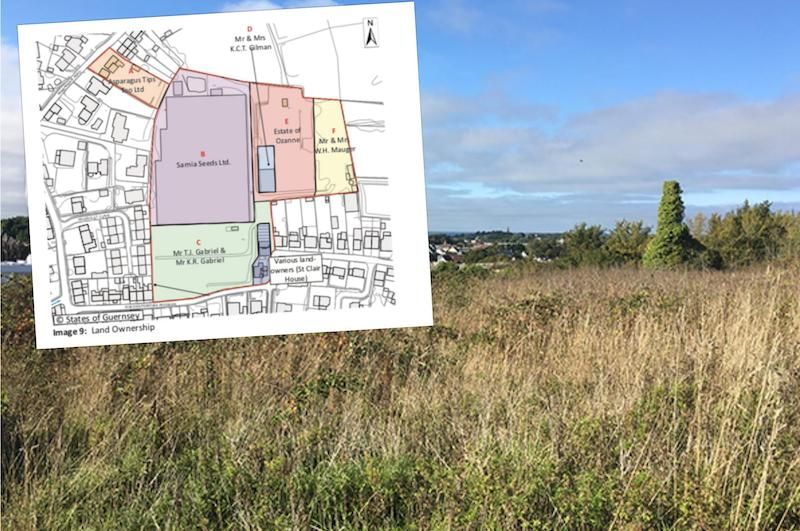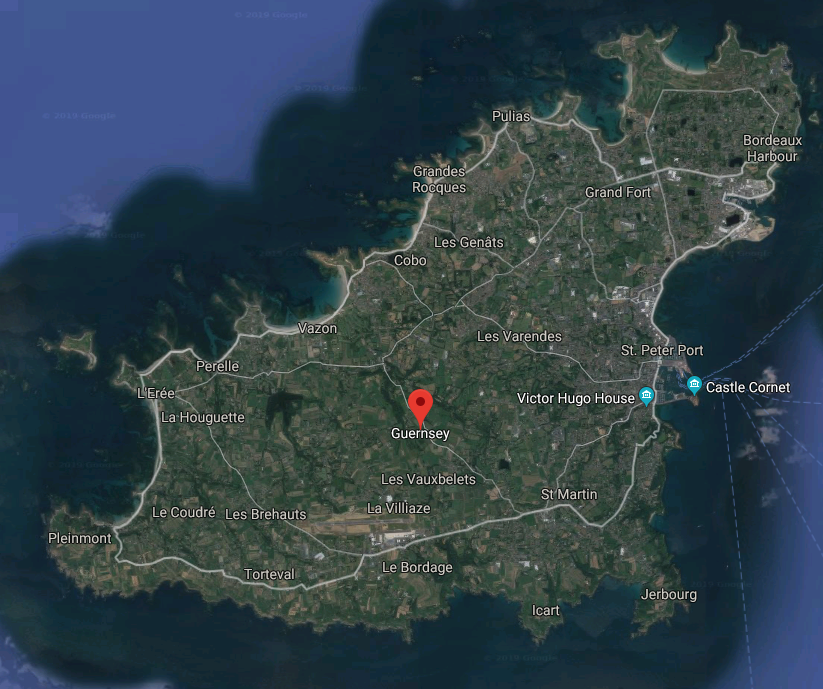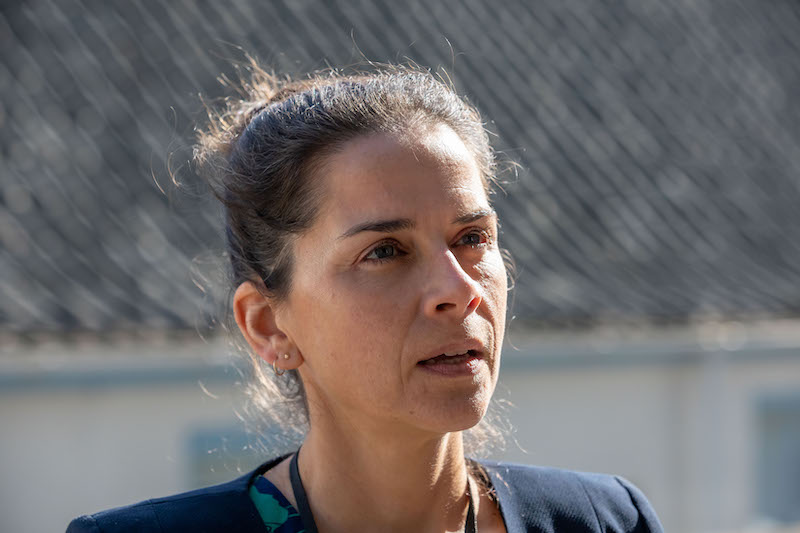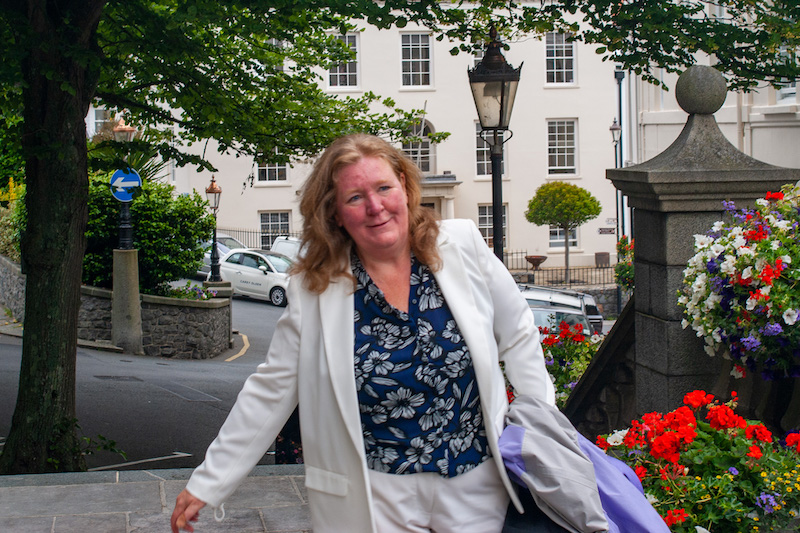


Express has spoken to a prominent lawyer and the Development & Planning President about the introduction of draft development frameworks and whether or not they add value to the planning process...
The Island Development Plan, implemented by the States in 2016, was brought in to provide a more strategic approach to developments across the island. It was also intended that this strategy would meet the community's needs and balance economic considerations with social and environmental concerns.
In practice, there have been serious concerns that the IDP is not achieving its stated aims. Earlier this month, a group of Deputies sought to trigger a major and immediate review of the IDP, the over-development of greenfield sites and the role of the quasi-judicial authority - the DPA - that oversees it.
The DPA itself wants the States to approve a longer term action plan for improving the plan that directs how, what and where on the island is developed.
Draft development frameworks were designed to guide developers by setting out the constraints and opportunities of potential development sites, while providing residents with the opportunity to provide feedback at an earlier stage.
Collas Crill Partner Jason Green, who represented the developer for Les Blanches, represented Le Platon on its redevelopment and acted for neighbours on the controversial Le Douit Vinery site, can see the benefits to both sides.
"From a developer's point of view, I have found them to provide useful guidance to assist in the preparation of the subsequent application – especially in relation to the level of density of housing that the DPA will consider as acceptable," he said. "In addition, they highlight potential areas where special consideration should be paid by the applicant. That said they do add cost for the developer."

Development frameworks are a function of the IDP designed to provide a more strategic view of local development.
"From a neighbour's perspective, they flag at an early stage the potential for development meaning that the neighbour can make early representations at the consultation stage of the DDF as well as at the subsequent application stage.
"The above said, the cost of preparation and dealing with a DDF by the planners must be significant, so whether they are value for money remains to be seen."
14 draft development frameworks have been approved this States term and a further seven are yet to be concluded.
Mr Green raised questions as to whether they represent value for money to the States, saying that development frameworks "should only be used for potentially complex sites".
"I wonder whether the DPA should review the stated guidelines as to when a DDF will be required," he said. "More importantly the DPA should carry out a cost benefit analysis to see whether overall they are adding value when one takes in to account the cost of their preparation.
"I say this because the planners are very helpful and are willing to have plenty of dialogue with applicants to advise as to what will or will not be acceptable on sites that will definitely be coming forwards for a development application."

Pictured: Deputy Dudley-Owen has criticised the States' involvement in drawing up draft development frameworks.
Deputy Andrea Dudley-Owen has also spoken out against draft development frameworks, saying that they are costly and unnecessary for the States to undertake.
"I don't understand why we are so proactive in producing these," she said. "In my opinion we are doing the job of professional agents who are perfectly capable of interpreting policies and we're doing it at taxpayers' expense. [It] must save developers a fortune, though some may not even want it."
DPA President Dawn Tindall said the threshold for draft development frameworks is currently under review by the DPA as part of its Action Plan.
"Development frameworks were introduced by the IDP in 2016 and are similar to the development briefs previously prepared under the Urban Area Plan," she said. "In some cases however, whereas the UAP required Local Planning Briefs, which included public inquiries and States’ consideration, this has been replaced in the IDP by development frameworks, which are much more straightforward and cost effective to produce, representing a reduction in ‘red tape’ overall.

Pictured: Deputy Dawn Tindall said development frameworks help to ensure efficient use of land and alleviate congestion and safety issues.
"Unlike a planning application, a development framework also offers an early and additional consultation opportunity with residents and the wider community. They allow for a site to be holistically considered and planned, rather than separate sites, granted through individual planning applications, being developed next to each other on a piecemeal basis and potentially over a long period of time.
In most cases, she said work in preparing a development framework is undertaken by other parties and the cost to taxpayers "is not significant".
"These are normally professional agents who possess appropriate skills and experience to undertake such work," she explained, "Work on drafting development frameworks by the Planning Service relates to a relatively limited part of the overall ‘business as usual’, which is partly funded by planning fees and charges, so costs to the taxpayer are not significant.
"The cost of preparing a development framework is on the whole much less than that of engaging in protracted rounds of pre-application negotiations with developers to achieve the same end with the added disadvantage that such negotiations being conducted confidentially and are not in the public domain."
Two new draft frameworks were announced last week at Route Militaire and Guelles Road.
To date, planning applications have been approved and development has either commenced or been completed at four of the sites for which a development framework was produced.
These are:
Pictured top: Pointues Rocques in St Sampson's, for which a controversial development framework was produced.
Comments
Comments on this story express the views of the commentator only, not Bailiwick Publishing. We are unable to guarantee the accuracy of any of those comments.